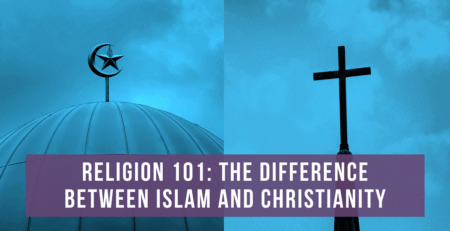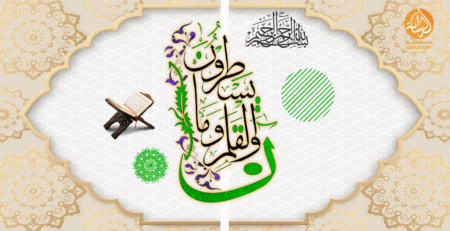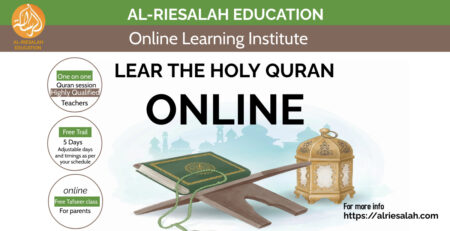Ramadan: The Islamic Sacred Event
Ramadan, one of the holiest months in Islam, is a time of spiritual reflection, self-improvement, and heightened devotion. Muslims around the world eagerly anticipate the arrival of Ramadan each year, as it holds profound significance within the Islamic faith.
Significance of Ramadan in Islam
Ramadan holds a special place in Islam as it commemorates the month in which the Quran, the holy book of Islam, was first revealed to the Prophet Muhammad. It is believed to be a time of increased blessings and mercy from Allah (God), and it serves as an opportunity for Muslims to draw closer to their faith.
History of Ramadan
The history of Ramadan dates back to the early days of Islam, with its origins rooted in the lunar calendar. The exact date of Ramadan shifts each year as it follows the lunar cycle, beginning with the sighting of the new moon.
Observance of Ramadan
Fasting
At the heart of Ramadan observance is fasting, one of the Five Pillars of Islam. Muslims abstain from food, drink, smoking, and other physical needs from dawn until sunset. Fasting is not merely a practice of self-discipline but also serves as a means of spiritual purification and empathy for those less fortunate.
Prayer and reflection
Ramadan encourages increased prayer and reflection on one’s relationship with Allah. Muslims engage in additional prayers, known as Taraweeh, performed at night in congregation at mosques.
Charity and community
Charity, known as Zakat, is another integral aspect of Ramadan. Muslims are encouraged to give generously to those in need, fostering a sense of community and compassion.
Spiritual Benefits of Ramadan
Ramadan offers a unique opportunity for spiritual growth and introspection. It provides a chance for Muslims to strengthen their connection with Allah through increased devotion, prayer, and acts of kindness.
Physical and Mental Benefits of Fasting
While fasting during Ramadan is primarily a spiritual practice, it also offers numerous physical and mental health benefits. Fasting promotes detoxification, weight loss, and improved self-discipline. It also fosters mindfulness and mental clarity.
Cultural Traditions During Ramadan
Ramadan is not only a religious observance but also a time of rich cultural traditions. Families gather for Iftar, the meal that breaks the fast at sunset, sharing special foods and creating cherished memories.
Preparing for Ramadan
Preparation for Ramadan often begins weeks in advance, both spiritually and practically. Muslims engage in increased prayer and reflection, while also making logistical preparations for the month-long fast.
Common Misconceptions About Ramadan
Despite its widespread observance, Ramadan is often misunderstood. Common misconceptions include equating fasting solely with food deprivation and overlooking the spiritual significance of the month.
Celebrating Eid al-Fitr
The culmination of Ramadan is marked by Eid al-Fitr, a joyous celebration that begins with communal prayers and is followed by feasting, gift-giving, and acts of charity.
Ramadan in the Modern World
In today’s interconnected world, Ramadan takes on new dimensions as Muslims navigate the challenges of maintaining religious observance amidst busy schedules and diverse cultures.
Global Impact and Unity During Ramadan
Despite geographical and cultural differences, Ramadan serves as a unifying force for Muslims worldwide. It fosters a sense of solidarity and empathy, transcending borders and bringing people together in worship and community.
Ramadan During Challenging Times
In times of adversity, such as conflict or natural disasters, the spirit of Ramadan shines even brighter as Muslims come together to support one another and extend compassion to those in need.
Tips for a Successful Ramadan Experience
- Start each day with a nutritious Suhoor meal to sustain energy throughout the day.
- Pace yourself during Taraweeh prayers to avoid exhaustion.
- Stay hydrated during non-fasting hours to prevent dehydration.
- Prioritize acts of charity and kindness to maximize blessings during Ramadan.
- Embrace the spirit of forgiveness and reconciliation in personal relationships.
Conclusion: Embracing the Essence of Ramadan
Ramadan is a sacred time of spiritual renewal, self-discipline, and community. It offers Muslims an opportunity to deepen their faith, strengthen familial bonds, and foster compassion for others. By embracing the teachings of Ramadan, individuals can experience profound personal growth and contribute to a more compassionate and harmonious world.
Unique FAQs
- Is it mandatory for all Muslims to fast during Ramadan? No, fasting during Ramadan is obligatory for adult Muslims who are physically and mentally capable. Certain exemptions exist, such as for travelers, pregnant or nursing women, and individuals with health conditions.
- Can children participate in fasting during Ramadan? While children are not required to fast, many begin practicing fasting gradually under the guidance of their parents to instill the values and traditions of Ramadan.
- How do Muslims determine the beginning and end of Ramadan? The start and end of Ramadan are determined by the sighting of the new moon, following the lunar calendar. Islamic authorities or local religious leaders typically announce the official dates based on moon sightings.
- What is the significance of Laylat al-Qadr during Ramadan? Laylat al-Qadr, often referred to as the Night of Decree or Power, is believed to be the night when the Quran was first revealed to the Prophet Muhammad. It holds great spiritual significance and is considered the holiest night of Ramadan.
- How do Muslims celebrate Eid al-Fitr? Eid al-Fitr is celebrated with communal prayers, feasting, and acts of charity. It begins with the Eid prayer at mosques, followed by festive gatherings with family and friends. Gifts are exchanged, and special foods are prepared to mark the joyous occasion.









Leave a Reply